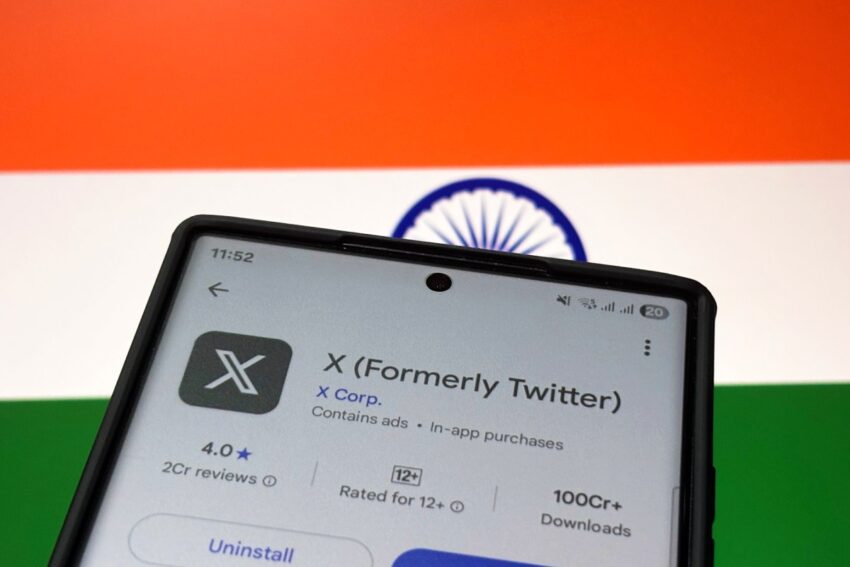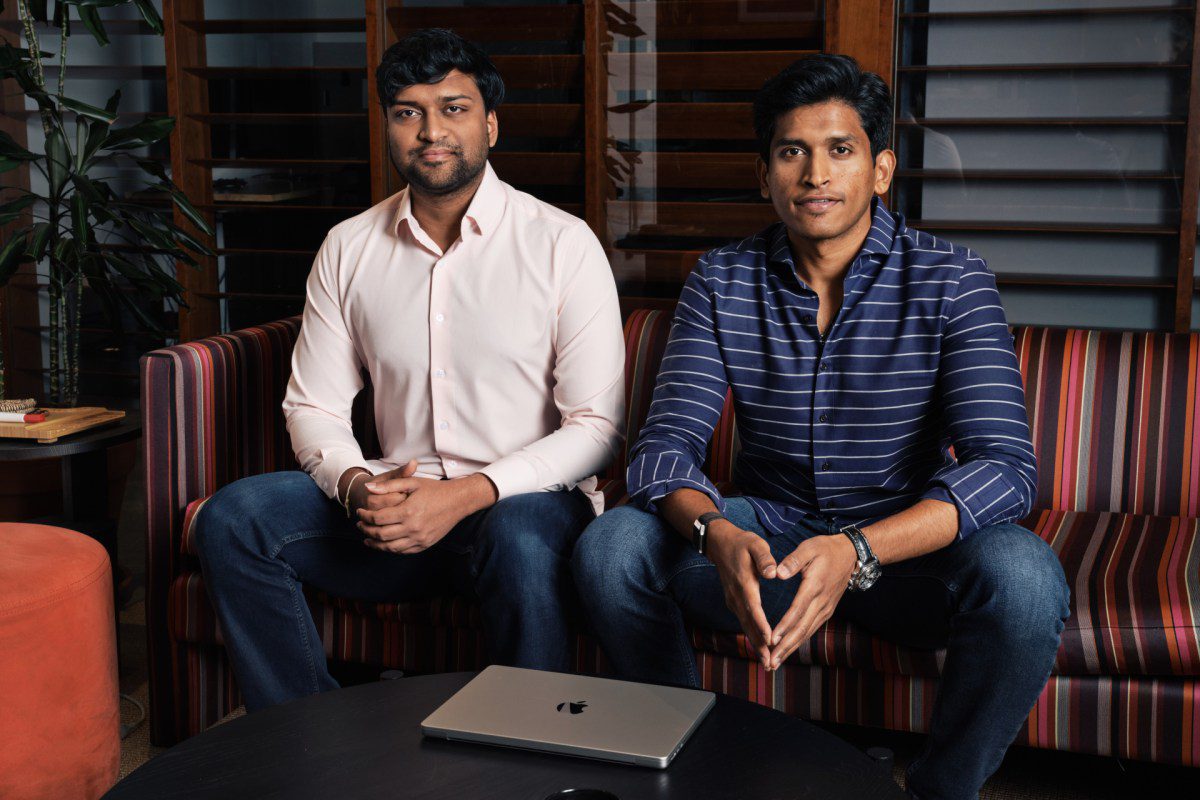
x says will fight indian court ruling X has announced its intention to contest a recent ruling by an Indian court that permits law enforcement officers to issue content takedown orders, a decision the company claims could lead to widespread misuse.
x says will fight indian court ruling
Background of the Ruling
In late September 2025, the Indian Supreme Court delivered a significant ruling regarding the regulation of online content. This decision allows police officers across the country to issue takedown orders for digital content deemed inappropriate or illegal. The court’s ruling stems from ongoing concerns about the proliferation of harmful content on social media platforms and the need for a more streamlined approach to content moderation.
The ruling has sparked a heated debate about the balance between free speech and the need for regulation in the digital space. Proponents argue that it is necessary to combat misinformation, hate speech, and other forms of harmful content. However, critics, including X, warn that the ruling could lead to arbitrary censorship and abuse of power by law enforcement agencies.
X’s Response
X, the platform formerly known as Twitter, has publicly expressed its discontent with the ruling. The company argues that the decision grants “arbitrary” powers to millions of police officers, potentially leading to widespread censorship without due process. In a statement, X emphasized that such a system could undermine the principles of free expression and open dialogue that are foundational to social media platforms.
The company has indicated that it will pursue legal avenues to challenge the ruling, asserting that the implications of the decision could have far-reaching consequences not only for X but for the broader landscape of digital communication in India. X’s legal team is currently reviewing the ruling and formulating a strategy to contest it in higher courts.
Implications of the Ruling
The implications of the Indian court’s ruling are multifaceted and could affect various stakeholders, including users, law enforcement, and social media companies. Below are some potential consequences:
- Increased Censorship: The ruling may lead to an increase in content removal requests from law enforcement, resulting in a chilling effect on free speech. Users may become hesitant to express their opinions or share content for fear of arbitrary takedown orders.
- Legal Ambiguity: The criteria for what constitutes “inappropriate” or “illegal” content remain vague. This ambiguity could lead to inconsistencies in enforcement and confusion among users and content creators.
- Impact on Content Moderation: Social media platforms may need to invest more resources in compliance with takedown requests, potentially diverting attention from other important aspects of content moderation, such as combating misinformation and harassment.
- Potential for Abuse: The broad powers granted to police officers raise concerns about potential misuse. There is a risk that these powers could be exploited to silence dissent or target specific groups.
Stakeholder Reactions
The ruling has elicited a range of reactions from various stakeholders, including civil rights organizations, legal experts, and other social media platforms.
Civil Rights Organizations
Many civil rights advocates have condemned the ruling, arguing that it undermines fundamental rights to free speech and expression. Organizations such as the Internet Freedom Foundation (IFF) have called for a review of the ruling, emphasizing the need for safeguards against arbitrary censorship. They argue that the ruling disproportionately affects marginalized communities who may already face challenges in expressing their views online.
Legal Experts
Legal experts have weighed in on the implications of the ruling, noting that it raises significant constitutional questions. Some argue that the ruling could be challenged on the grounds that it violates the right to free speech as enshrined in the Indian Constitution. Others have pointed out that the lack of clear guidelines for content moderation could lead to legal challenges from both users and social media companies.
Other Social Media Platforms
Other social media platforms are closely monitoring the situation, as the ruling could set a precedent for content regulation in India and potentially influence policies in other countries. Some platforms may choose to adopt more stringent content moderation practices to comply with the ruling, while others may advocate for a more balanced approach that protects user rights.
International Context
The ruling comes at a time when many countries are grappling with the challenges of regulating online content. Governments worldwide are increasingly seeking to impose regulations on social media platforms to address issues such as misinformation, hate speech, and online harassment. However, the approaches taken by different countries vary significantly, with some opting for more stringent regulations and others prioritizing free expression.
In Europe, for instance, the Digital Services Act aims to create a safer online environment while balancing the need for free speech. In contrast, countries like China have implemented strict censorship laws that severely limit online expression. The Indian ruling appears to fall somewhere in between, raising concerns about the potential for overreach while also addressing legitimate concerns about harmful content.
Future Outlook
As X prepares to challenge the ruling, the future of content regulation in India remains uncertain. The outcome of X’s legal battle could have significant implications for the platform and for users across the country. If the ruling is upheld, it may lead to a new era of content moderation in India, characterized by increased oversight from law enforcement agencies.
On the other hand, if X is successful in its legal challenge, it could set a precedent for protecting free speech and limiting the powers of law enforcement in content regulation. This outcome could encourage other social media platforms to advocate for user rights and push back against arbitrary censorship.
Conclusion
The Indian Supreme Court’s ruling allowing police officers to issue content takedown orders has sparked a significant debate about the balance between regulation and free speech in the digital age. X’s commitment to contesting this ruling highlights the ongoing tensions between social media platforms and government authorities regarding content moderation. As the legal battle unfolds, the implications of this ruling will be closely watched by stakeholders both in India and around the world, as it could shape the future of online expression and regulation.
Source: Original report
Was this helpful?
Last Modified: September 29, 2025 at 4:37 pm
0 views















